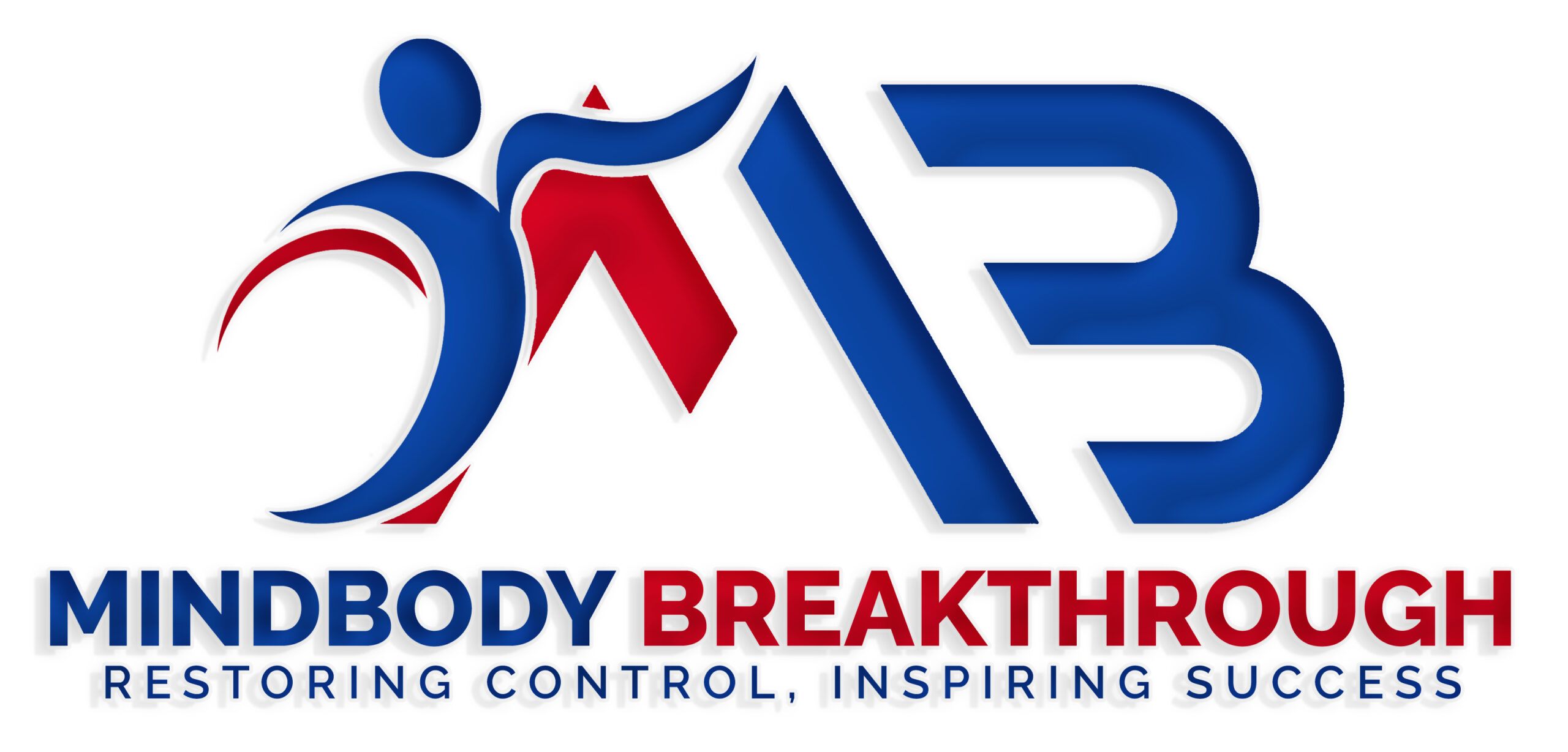Stress And The Optimisation Of Memory
There are two regions of the brain critical to memory formation and retrieval; the pre-frontal cortex (PFC) and the hippocampus. The PFC, the boss of the psyche, encodes memory via the excitations of its numerous synaptic networks, while the hippocamus, often refered to as the major memory centre, consolidates memories through its short-term and long-term memory compatments. Unfortunately, chronic stress exposure, including repeated trauma, affects these two regions of the brain. Under intense stressors, the PFC loses its neuronal access to integrative memories that could have prevented a cascade of fight-or-flight responses, while the hippocampus’ nervous projections shrivel and retract from one another to make short-term memory retrieval a big challenge.
Although transient and mild stress has been found to enhance memory, chronic and long-term stress suppesses both memory consolidation and retreival in both the PFC and hippocampus. Chronic stress triggers elevated cortisol levels. When the stress hormone, cortisol, stays elevated for too long in the brain, it can kill neurones in the hippocampus and blunt various brain receptors’ sensitivity to other vital neurotransmitters, impairing the overall quality of the brain communication systems.
Therefore, one of your most important priorities in life should include daily activation of your relaxation response in order to reduce your circulating cortisol levels. If you can keep your cortisol levels down to optmal level, you can build a more resilient and creative mind, because mind is simply brain in action. A stressed out brain that is barely keeping its head above the overflowing pool of stress chemicals can’t be resilient enough to support maximum wellness, creativity and sound memory base needed to achieve your maximum potential in life.
This is the focus of my little talk today. Check it out.








